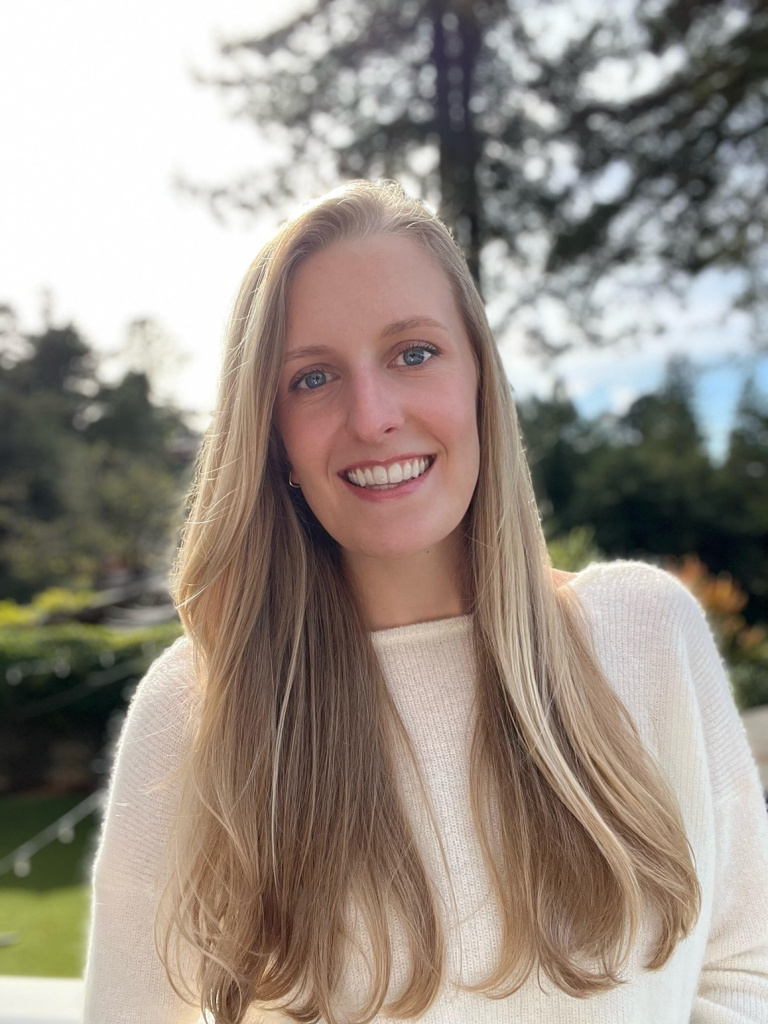30Under30 Honouree: Alexis Sacino

Great to hear from Significant Insights Global 30 under 30 honouree Alexis Sacino, a Research Manager at SKIM, a global insights agency. Alexis is a talented researcher who leverages sophisticated research techniques to uncover emerging trends and drive innovative strategies for leading brands.

So, how did you get into the industry, and take us through how you got to this point?
My journey began at Scripps College, where I studied anthropology with a focus on technology, driven by a fascination with how we integrate new technologies into our lives and culture. I started my career at the Consumer Technology Association (CTA), researching AI, self-driving vehicles, and health tech. While working, I pursued a Master of Science in Research Administration from Johns Hopkins, specializing in international program management. This propelled me into a new adventure within CTA, where I managed the development of technical standards for AI, audio and video systems, and the metaverse. Seeking a return to hands-on research, I joined SKIM, where I now lead market research projects, driving impactful insights and mentoring the next generation of researchers.

Why should anyone consider a career in market research, data and insights?
Curiosity and a passion for learning are at the heart of a career in market research. The variety of methodologies and the fascinating, complex challenges clients bring ensure there’s never a dull moment. I especially enjoy diving deep into new industries and becoming a temporary “expert” to provide insights that align with each client’s unique needs and business landscape. Beyond the work itself, market research is a field where you can foster growth – in your own expertise and that of others. For me, the mentorship aspect is particularly rewarding. Seeing young researchers grow and get excited about research is a reminder of how impactful this field can be, not just for brands, but for the people behind the insights.

Career paths are rarely without challenges. Can you share an honest moment from your career when things didn’t go quite according to plan, but the lessons remain with you to this day?
Early in my career at the Consumer Technology Association, I discovered I’d be spending a lot of time on stage – something I dreaded due to a longstanding fear of public speaking. My first panel at CES was particularly nerve-wracking; the thought of addressing an auditorium full of technology professionals and media was so intimidating that I barely spoke. This experience was a turning point. I realized that overcoming this fear was essential to my growth and that I couldn’t let myself be intimidated by the spotlight.
From that moment, I adopted a “fake it ’till you make it” mindset. I began telling anyone who’d listen that I loved presenting, and I started framing those nervous butterflies as excitement. I took every opportunity to get on stage, slowly shifting from someone afraid of presenting to someone who truly enjoys it. This experience taught me the power of perception: if you treat nerves as excitement, that’s what they become. Embracing this shift has been one of the most valuable lessons in my career.
What two things should junior researchers focus on as they progress in their careers?
Focus on continuous growth through each project: Every project is a chance to stretch and refine your skills, so approach each one with a mindset of growth and adaptability.
Remember the power of teamwork: You don’t have to know everything – trust that you have a support system of knowledgeable colleagues to turn to when you need help.

Do you have any advice for our sector?
Embrace changes and stay future-focused. The market research sector is evolving quickly, especially with advancements in AI. Lean into new methodologies and tools that streamline and elevate the research process but remember – technology works best when paired with human insights. It’s our critical thinking and nuanced understanding that sets exceptional research apart.
And do you have anyone who has helped your career so far that you’d like to acknowledge and say thanks or give a shout out to?
I’ve been fortunate to work with many brilliant people who have guided and mentored me, shaping the researcher I am today. I’d like to give special thanks to Lesley Rohrbaugh, Sayon Deb, Brian Comiskey, Kerri Haresign, and Prabhat Agarwal for their invaluable support and encouragement. Their mentorship and friendship have been instrumental in my growth, and I’m deeply grateful for their influence on my career.
